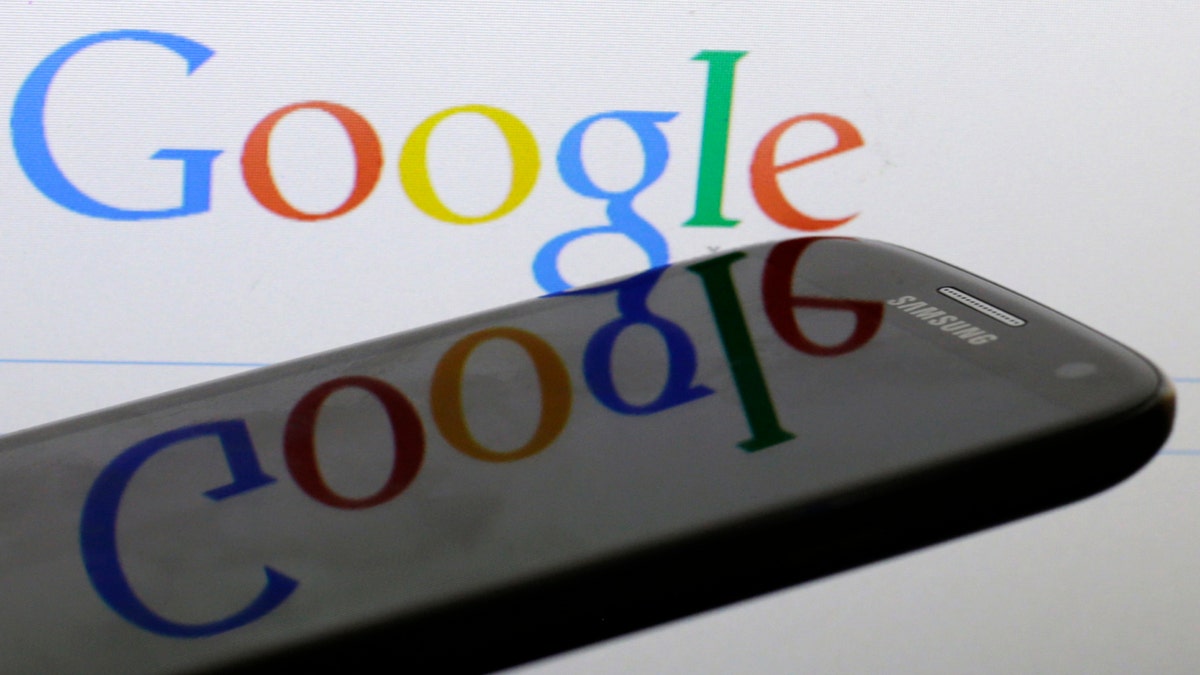
A Google logo is reflected on the screen of a Samsung Galaxy S4 smartphone in this photo illustration taken in Prague January 31, 2014. Google Inc and Samsung Electronics Co Ltd, which are frequently involved in patent infringement lawsuits but not against each other, announced on January 26, 2014 that they have reached a global patent cross-licensing agreement. Picture taken January 31. REUTERS/David W Cerny (CZECH REPUBLIC - Tags: BUSINESS TELECOMS SCIENCE TECHNOLOGY LOGO)
As a college student, I devoted part of my academic career to studying the barriers that many minorities face in accessing the Internet. My interest in this topic stemmed from my own life experience; for, I grew up in a community where WiFi networks, wired computers and other high-tech devices where considered a luxury.
Now, as a New York State Assemblymember who represents a working-class section of the Bronx, I am even more concerned about this online divide given the significant role it is playing in aggravating the existing socio-economic inequalities in our society.
It is the availability of low cost phones for purchase (like those sold by Samsung) that have provided online access to millions of individuals who frequently do not own more expensive computers with Internet connections at home.
Indeed, Internet access is a fundamental necessity these days. The information available to those with access has the ability to transform lives, sometimes acting as a gateway to educational and professional opportunities otherwise not available. The ability to access this trove of information can have a huge impact on an individual’s quality of life.
However, this online disparity, commonly known as the “Digital Divide,” threatens to worsen as a result of a patent dispute taking place in a California Federal Court between two high-tech Titans, Apple and Samsung.
The fight between both companies involves Apple’s claim that Samsung, in producing a line of smartphones, infringed on several patent technologies used in iPhones. As part of its demands, Apple has sought for a ban on the sale of certain Samsung smartphones, as well as a $40 payment for every Samsung smartphone sold.
Apple’s demand, if granted by the courts, could result in higher costs and limited choices in the ever-growing market for smartphones. This change could potentially have a huge impact on the ability of low-income individuals to access the Internet.
It is the availability of low cost phones for purchase (like those sold by Samsung) that have provided online access to millions of individuals who frequently do not own more expensive computers with Internet connections at home.
Not surprisingly, Apple’s position is beginning to draw intense criticism due to the upheaval it is likely to create in the market for mobile devices. “It's a claim many patent experts have called ludicrous,” a recent NPR story noted regarding Apple’s lawsuit.
This legal battle comes at a time when research shows that growing numbers of minorities prefer Google’s Android operating system, which is used on inexpensive devices made by Samsung and other companies.
The demand for Android phones, particularly among people of limited means, is not surprising. Consider the fact that an Apple iPhone is, on average, $300 more than a phone operating on the Android system.
While I believe that Apple is a phenomenal company, having served as an incubator for technologies that have transformed countless aspects of American life, I strongly disagree with their position. Given the enormous stakes involved, it is time for both companies to reach a reasonable resolution instead of continuing to litigate in court.
This legal fight – and Apple’s demands – are misguided, and may undo the progress that has been made by providing affordable Internet access to an increasing number of Americans; including those who were once completely shut out.
For the sake of the people in communities like the one I serve, it is time for reason to prevail, and for this legal battle to end.
